
An interview with Dr Anne Harrington, who offers a stimulating and thought-provoking historical perspective on the evolution of biological psychiatry from the German histopathologists to the present time in her recent book.

An interview with Dr Anne Harrington, who offers a stimulating and thought-provoking historical perspective on the evolution of biological psychiatry from the German histopathologists to the present time in her recent book.

In this interview, Dr Aftab and Dr Pies revisit several debates concerning various criticisms of psychiatry that Dr Pies has been involved in over the course of his career, and they discuss how to make sense of the profession’s relationship with its critics.
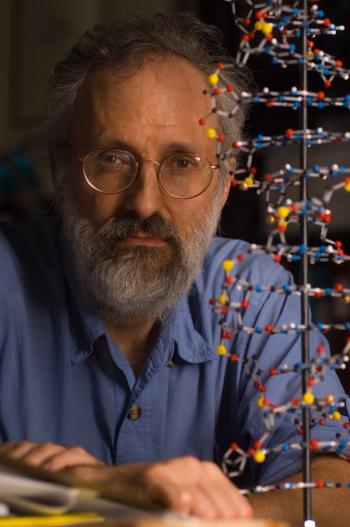
Awais Aftab, MD, interviews this highly respected psychiatrist and genetics researcher, who has been further catapulted into fame over the past two decades through his widely read philosophical commentaries.
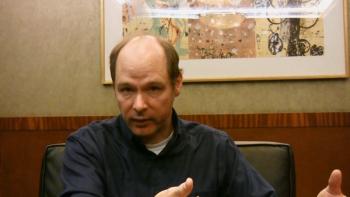
In this interview with Awais Aftab, MD, Dr Peter Zachar discusses how psychiatric disorders can be viewed through the lens of scientifically inspired pragmatism.

Dr Moncrieff’s ideas represent in many ways the enduring legacy of Thomas Szasz. In this probing interview with Dr Aftab, she challenges the medical view of mental disorders and argues that biological and behavioral conditions have a different relationship to agency.
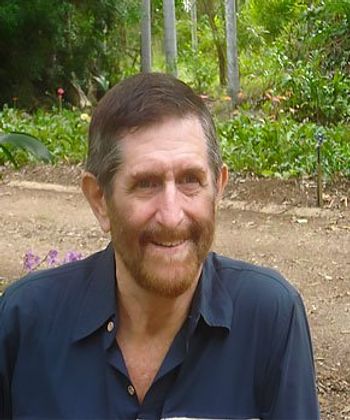
"There is a great deal that ails psychiatry-over-diagnosis, overtreatment, misallocation of resources, consistent breaches of patients’ fundamental human rights, and so forth," says Dr McLaren in this interview.
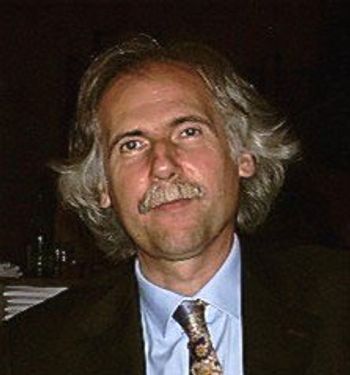
Dr Giovanni Fava shares his perspective on the current intellectual crisis in psychiatry and how it stems from a narrow concept of science which neglects clinical practice as a source of fundamental research questions.

How have the pharmaceutical industry and academic guild interests shaped the evolution of psychiatry? Lisa Cosgrove, PhD, has something to say about it.

"The idea of seeing a patient, not just a diagnostic label, is an extremely valuable lesson. Being primed to see certain behaviors as pathological in certain contexts and perfectly normal in others is something that all doctors should be aware of." -Susannah Cahalan
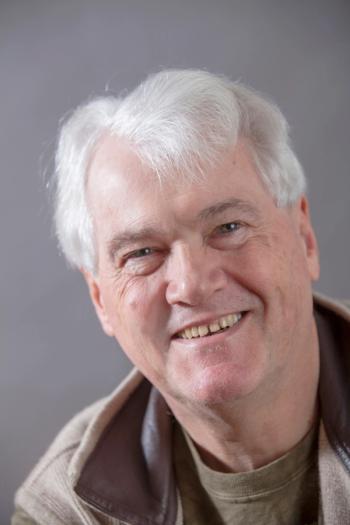
A Conversation in Critical Psychiatry with Peter J. Whitehouse, MD, PhD.

The author shares some thoughts on the current state of biopsychosocial model as well as the new proposed reinterpretation of BPS as a theory of causality.

Since a disappointingly large number of people equate the critical psychiatry movement with the antipsychiatry movement, two psychiatrists shed light on why that is not the case.

"Psychiatry has been frozen in time since the 80s, and hence the absence of progress since then is no surprise." So says, S. Nassir Ghaemi, MD, MPH, in the next installment of Conversations in Critical Psychiatry with Awais Aftab, MD.

"Go out into the real world; work in prisons, in run-down towns with high unemployment or with refugees or in remote areas. Go overseas or into underprivileged parts of your own country. And that is how you learn about real psychiatry," says Niall McLaren, MBBS, FRANZCP, in the next installment of Conversations in Critical Psychiatry.

It is a rare feat for a conceptual book on psychiatry to generate as much acclaim, influence, longevity, and readership within the profession as has The Perspectives of Psychiatry. Paul R. McHugh, MD is featured in this Conversations series.

Conversations in Critical Psychiatry with Derek Bolton, PhD, recognized internationally as a disginguished voice in philosophy and psychiatry.

A series aimed at engaging prominent individuals who have made meaningful criticisms of psychiatry and have offered constructive alternative perspectives. First interview: Allen Frances, MD, Chair of the DSM-IV Task Force.